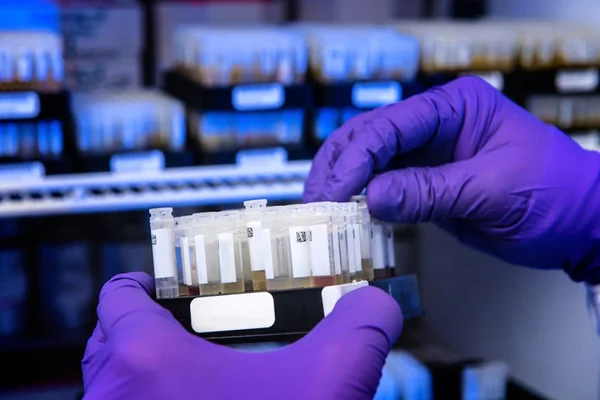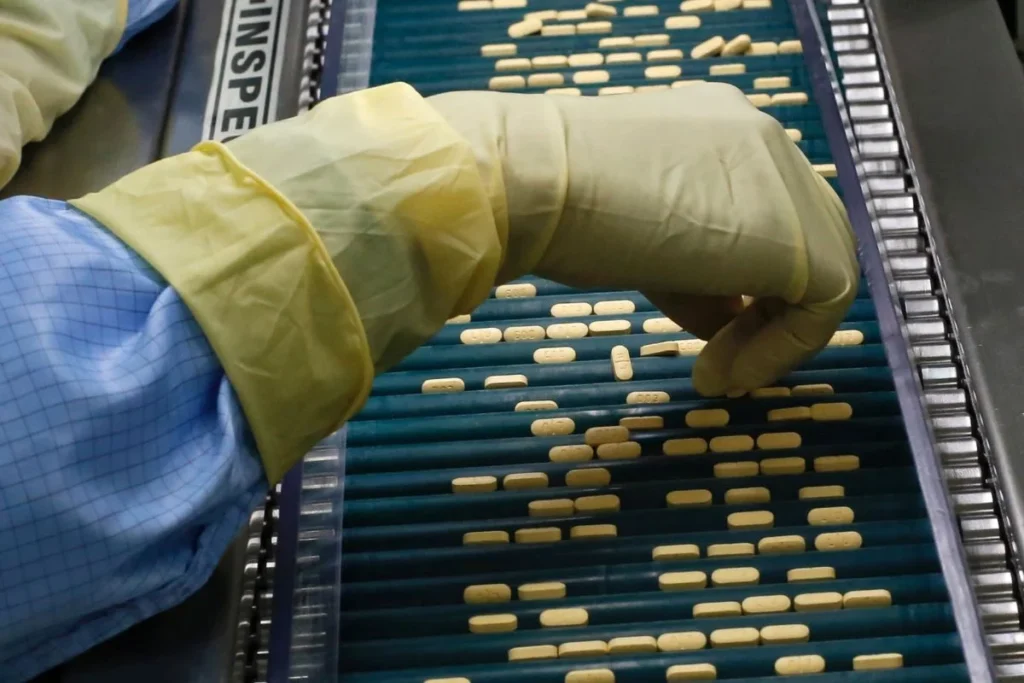The Union Health Ministry announced the implementation of the revised Schedule M as part of the Drugs and Cosmetics Rules, 1945.
- This amendment introduces stringent Good Manufacturing Practices (GMP) and mandates the requirements of premises, plant, and equipment for pharmaceutical products.
Revised Schedule M of Drugs and Cosmetics Rules 1945:
Alignment with Global Standards:
- The revision aims to bring Indian GMP recommendations in line with international standards, particularly those of the World Health Organization (WHO).
- The focus is on producing globally acceptable quality drugs, ensuring patient safety and efficacy.
Key Changes in the Revised Schedule M:
- Introduction of a pharmaceutical quality system (PQS), quality risk management (QRM), and product quality review (PQR).
- The inclusion of five new categories of drugs, including those with hazardous substances like:
- Sex hormones,
- Steroids,
- Cytotoxic substances,
- Biological products, and
- Radiopharmaceuticals.
- Emphasis on the qualification and validation of equipment and a computerized storage system for all drug products.
Implementation Timeline and Compliance:
- Small and medium manufacturers with an annual turnover of less than ₹250 crore have 12 months to comply, while large manufacturers with more than ₹250 crore turnover have a six-month deadline.
- The revision mandates manufacturers to assume responsibility for the quality of pharmaceutical products, ensuring they meet the licence requirements and are safe for use.
Enhancements for Quality Control and Safety:
- The updated guidelines require companies to market products only after satisfactory results from ingredient tests.
- Pharma companies must report drug recalls, product defects, or faulty production, and implement a pharmacovigilance system for adverse drug reaction reports.
- Stability testing of drug substances as per recommended climate conditions is mandated.
Impact on the Pharmaceutical Sector:
- The Indian Pharmaceutical Alliance (IPA) views the revision as a positive step and a milestone for the Indian pharmaceutical industry.
- It is expected to elevate the quality standards of medicines, reinforcing the industry’s reputation and improving patient outcomes.
- The revisions are anticipated to benefit both patients and the industry by promoting the manufacturing of safe, effective, and high-quality drugs.
Ref: Source
| UPSC IAS Preparation Resources | |
| Current Affairs Analysis | Topperspedia |
| GS Shots | Simply Explained |
| Daily Flash Cards | Daily Quiz |



